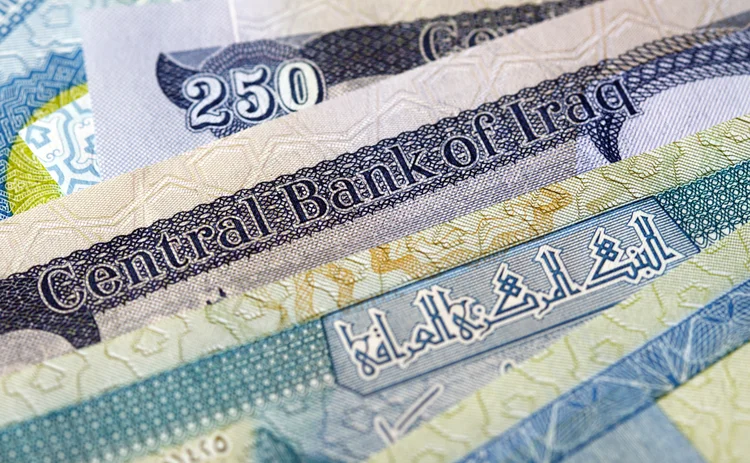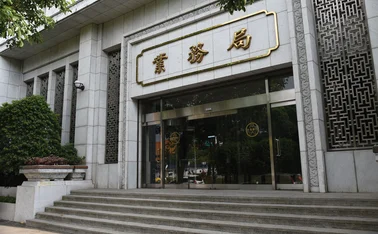
Iraq suspends dollar payments to some Kurdish banks
Future of agreement on oil revenues unclear as country faces significant economic problems

Iraq’s central bank has stopped selling US dollars and other foreign currency to four banks in the country’s Kurdish region, locally based reporters say.
The Central Bank of Iraq is still selling dollars to the region’s other banks, the reports add. A source at the central bank told a reporter from Reuters that the central bank would be prepared to resume dollar sales to the four affected banks if the banks provide more information on their transactions.
The tightening of currency supply to
Only users who have a paid subscription or are part of a corporate subscription are able to print or copy content.
To access these options, along with all other subscription benefits, please contact info@centralbanking.com or view our subscription options here: www.centralbanking.com/subscriptions
You are currently unable to print this content. Please contact info@centralbanking.com to find out more.
You are currently unable to copy this content. Please contact info@centralbanking.com to find out more.
Copyright Infopro Digital Limited. All rights reserved.
As outlined in our terms and conditions, https://www.infopro-digital.com/terms-and-conditions/subscriptions/ (point 2.4), printing is limited to a single copy.
If you would like to purchase additional rights please email info@centralbanking.com
Copyright Infopro Digital Limited. All rights reserved.
You may share this content using our article tools. As outlined in our terms and conditions, https://www.infopro-digital.com/terms-and-conditions/subscriptions/ (clause 2.4), an Authorised User may only make one copy of the materials for their own personal use. You must also comply with the restrictions in clause 2.5.
If you would like to purchase additional rights please email info@centralbanking.com







